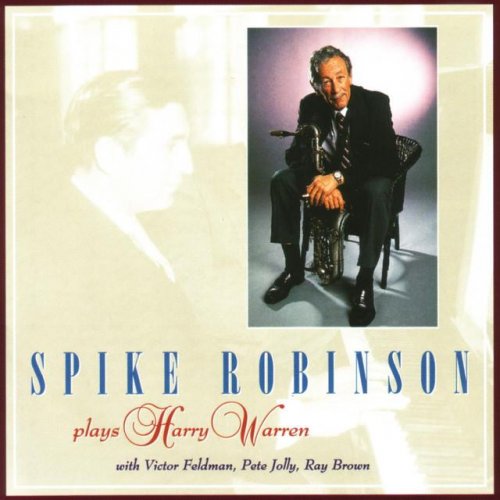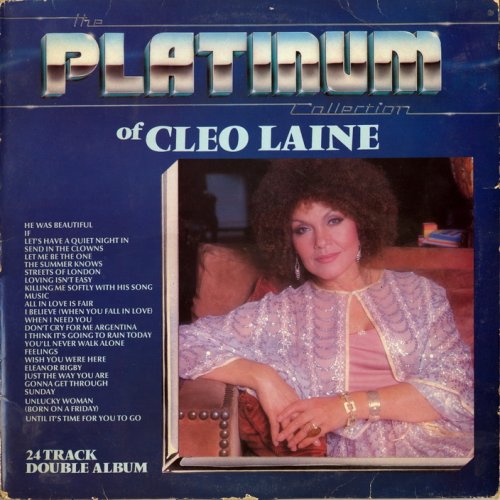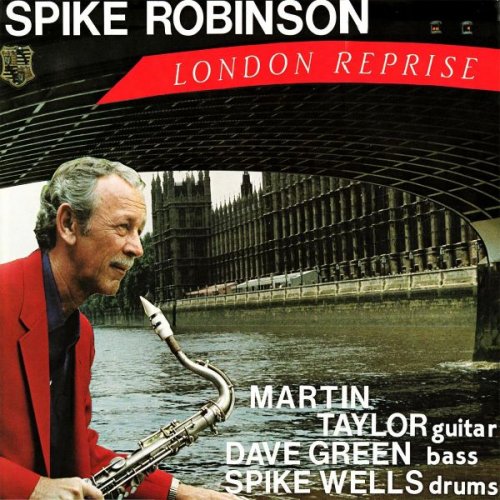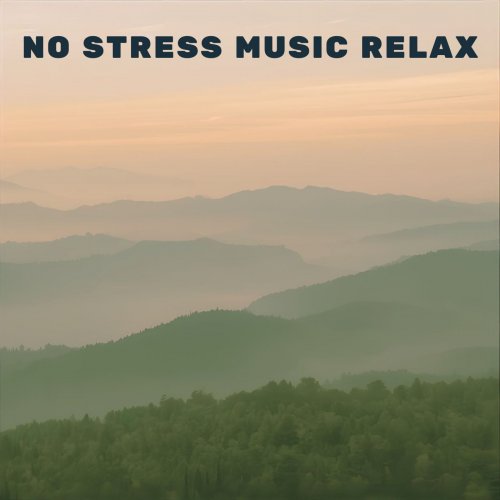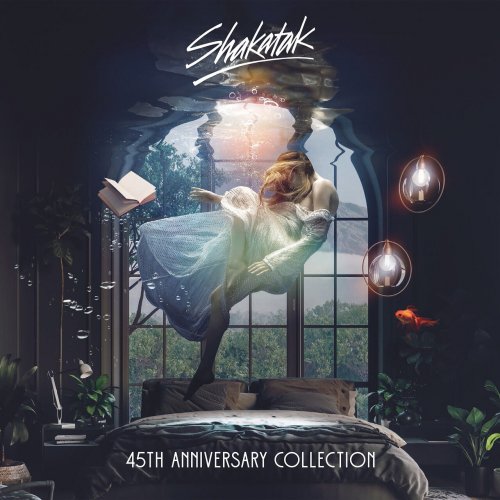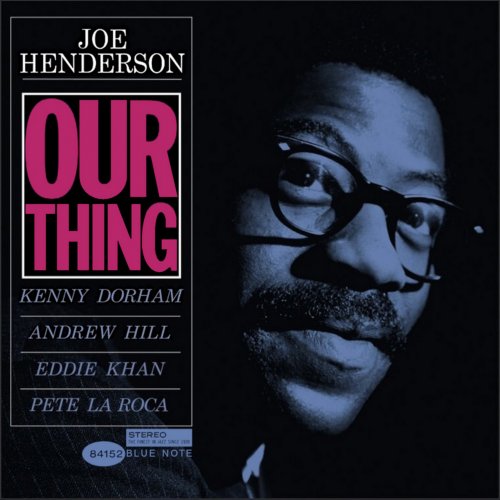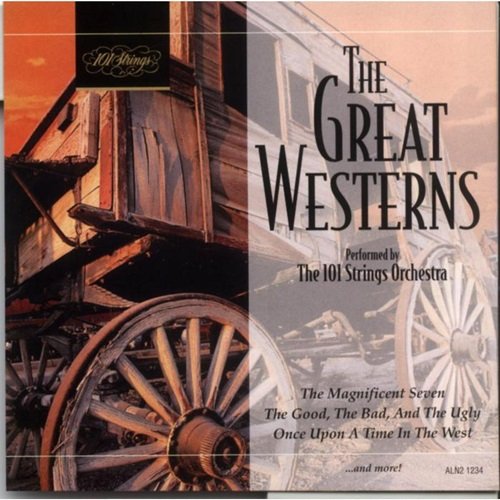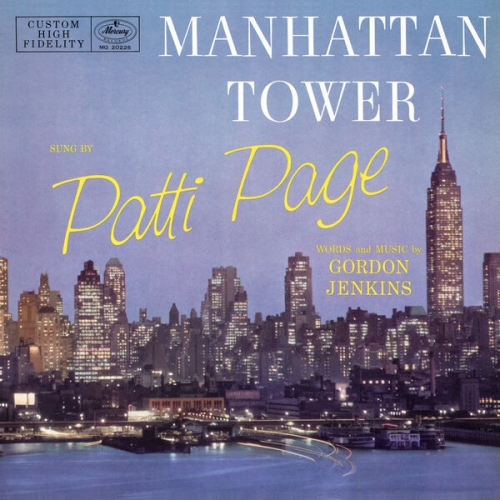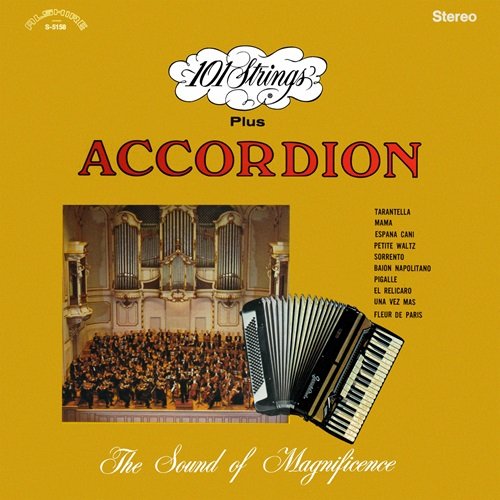Joe Henry - Tiny Voices (2003)
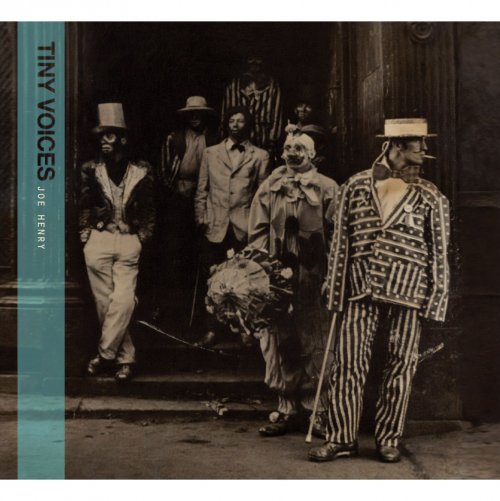
Artist: Joe Henry
Title: Tiny Voices
Year Of Release: 2003
Label: Anti- – 6683-2
Genre: Americana, Folk, Country, Contemporary Jazz, Singer-Songwriter
Quality: 320 / FLAC (tracks+.cue,log)
Total Time: 1:05:52
Total Size: 152 / 352 Mb
WebSite: Album Preview
Tracklist: Title: Tiny Voices
Year Of Release: 2003
Label: Anti- – 6683-2
Genre: Americana, Folk, Country, Contemporary Jazz, Singer-Songwriter
Quality: 320 / FLAC (tracks+.cue,log)
Total Time: 1:05:52
Total Size: 152 / 352 Mb
WebSite: Album Preview
01. This Afternoon (5:45)
02. Animal Skin (5:54)
03. Tiny Voices (6:41)
04. Sold (5:29)
05. Dirty Magazine (4:39)
06. Flag (5:05)
07. Loves You Madly (4:11)
08. Lighthouse (5:11)
09. Widows of the Revolution (4:39)
10. Leaning (5:24)
11. Flesh and Blood (5:34)
12. Your Side of My World (7:19)
Welcome to the humid, claustrophobic, darkness of Tiny Voices, songwriter Joe Henry's ninth album and his first for the venerable renegade venture Anti. Fresh off his production stint for Solomon Burke, Henry settled into an old Hollywood recording studio with a band that included Don Byron, Ron Miles, Dave Palmer, Patrick Warren, Chris Bruce, Jay Bellerose, and Jennifer Condos -- plus übermensch engineer S. "Husky" Hoskulds -- and came up with a song-suite more adventurous, weird, and perhaps even reckless, thank God, than anything he's ever dreamed of before. Cut mostly live from the floor, Tiny Voices is an aural montage seemingly shot in cibachrome with no discernible center except the rumpled, disillusioned but unbowed singer who imparts skewed observations, bold-faced lies, and sacred truths with stale, liquored breath, too much makeup, and wearing impeccable clothes. Remember Ornette Coleman, Marc Ribot, and Brad Mehldau hanging around on Scar? Right, but this is even more so. Tiny Voices is the sound of Hemingway contemplating the Cuban Revolution with William Gaddis, the sound of Buddy DeFranco and Jimmy Giuffre trying to talk to Miles Davis about electric guitars in an abandoned yet fully furnished Tiki bar in Raymond Chandler's Los Angeles. All of this is the sound of these images as seen through the unflinching gaze of Robert Frank. But then, it is also the sound of the other side of the circus. In this torn big top that is teetering on the edge of economic oblivion, the band gets drunk after hours and gets its rocks off by skewering the performers in song for their very human weaknesses because they secretly feel compassion for them. Give a listen to "Sold," where grand and Fender Rhodes pianos are quietly taunting one another around clarinets and trumpets slipping along a quiet, unfamiliar stage and the singer cannot quite get his bearings but sings anyway, figuring he might understand his own language before the instruments run out of time and space. "Flag" and "Dirty Magazine" celebrate the underside of the underside, where everything is exactly the way it seems and that's the problem. Byron and Miles play it soft, sweet, faltering, and anything but straight. As Bruce and Henry unwind each other's strings and Jim Keltner lends a percussive hand for a two-drummer elegy on "Flag." It all swings, but it shimmers as more smoke pours up from the floorboards, too. Unearthly sounds come wafting in from the margins and the alleys; they unravel and just whisper themselves into extinction as Henry moves on, half a step at a time, iterating his tale of fragmented love. But this music on Tiny Voices is far from inaccessible. These are not art songs; they are pop songs hung out to dry and they become more themselves with every decaying moment. And yes, there is still great art in decay. With the ghosts of cinematic realism, the forgotten trampled immediacy of the Living Theater in its production of Jack Gelber's Connection, haunted jazzmen, hungry rockers, and burnt out sages visit empty Tin Pan Alley buildings in search of a song that was never written there. Henry and his band take American popular song by the lapels and prop it up even as it falls in "Loves You Madly" and allows it to list up one last drink to a yesterday that never really was in "Widows of the Revolution." What was ultimately left of the young Joe Henry yesterday at the bus stop has found its way into the darkness of today's nightmarishly lit nightclub with his black sense of humor intact and bleary, wizened eyes with a gaze just soft enough to see tenderness in brutality and humanity through the looking glass and bring it all to bear in a new genre of song: pop noir.
